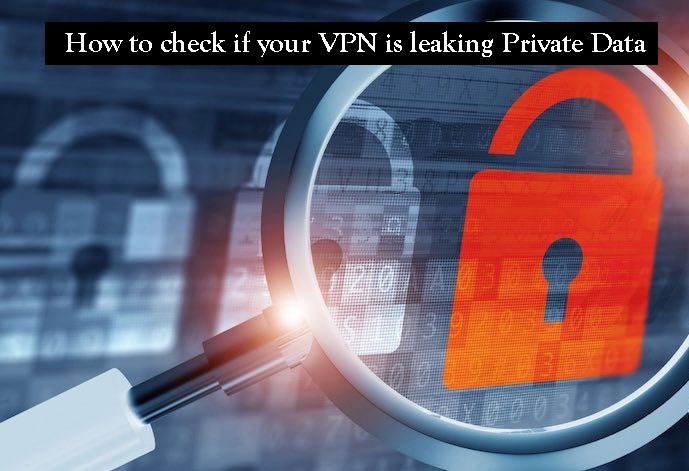
A virtual private network is a great way to keep your Internet use safe and private whether you’re at home or on public Wi-Fi. But how private is your activity on a VPN? How do you know if the VPN is doing its job or if it is inadvertently leaking information to those who try to pry into your activities?
How private is your activity on a VPN?
A simple way to see if the VPN is working is to check your IP address on a What is my IP or similar site. The service will report your current public IP address. If you are on a private network, it should show the VPN IP. If it doesn’t, you’re having a problem.
Your public IP address is just one-way private information can leak through a VPN. To see full VPN privacy and other information, you can visit IPLeak.net. This website checks for a number of ways that your IP address and other information can leak, including over WebRTC (a browser-based chat technology), DNS leaks, torrenting, and geolocation.
The geolocation test is usually useful, keeping your location safe is quite simple. Just don’t allow any website to use your location while you’re on a virtual private network. One way to do this is to specify a browser, Firefox for example, to only browse from a private network. It then rejects location requests in that browser. Alternatively, you can use an extension that provides a fake location to websites that request it.
We recommend you read our article on The best free VPNs of 2016
A recommended option to avoid being spied on is to change your ISP’s default DNS provider to a free one, for example, OpenDNS (now called Cisco Umbrella), Comodo Secure DNS, or Google‘s.
